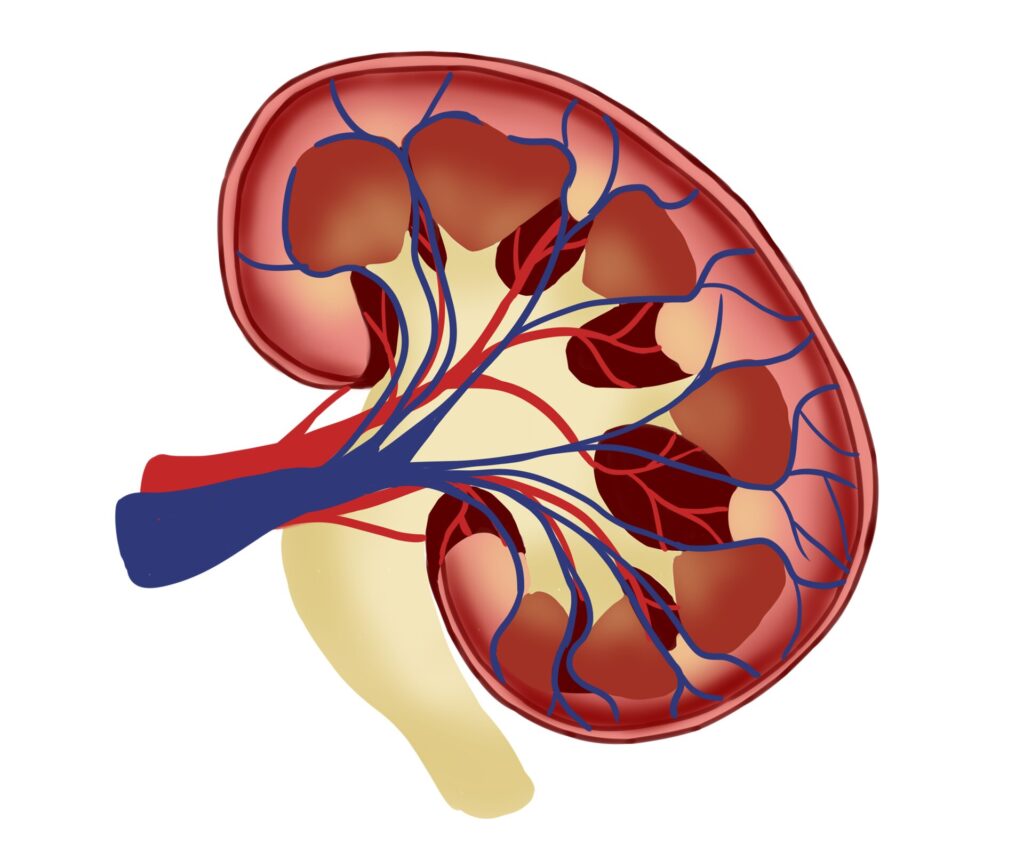Chronic kidney disease (CKD) with albuminuria is a significant health concern affecting millions worldwide. Albuminuria, characterized by the abnormal presence of albumin in the urine, serves as a critical indicator of kidney damage and disease progression. Understanding the intricacies of CKD with albuminuria is vital for early intervention, effective treatment, and improved patient outcomes.

Understanding Chronic Kidney Disease and Albuminuria
Chronic kidney disease refers to the gradual loss of kidney function over time, impairing the kidneys’ ability to filter waste and excess fluids from the blood. Albuminuria is a condition where albumin, a protein typically retained in the bloodstream, leaks into the urine due to kidney damage.
Causes of CKD with Albuminuria
Several factors contribute to the development of CKD with albuminuria, including:
- Diabetes Mellitus: A leading cause of kidney damage due to high blood sugar levels.
- Hypertension: Chronic high blood pressure can strain the kidneys, leading to albuminuria.
- Glomerulonephritis: Inflammatory diseases affecting the kidney’s filtering units (glomeruli).
- Inherited Disorders: Genetic conditions such as polycystic kidney disease.
- Infections and Autoimmune Diseases: Conditions like lupus or recurrent urinary tract infections.
- Lifestyle Factors: Smoking, obesity, and a diet high in sodium.
Symptoms and Signs
CKD with albuminuria often progresses silently in its early stages. Common symptoms may include:
- Swelling in the legs, ankles, or face (edema)
- Fatigue and weakness
- Frequent urination, especially at night
- Foamy urine due to high protein content
- Difficulty concentrating
- Loss of appetite and weight loss
Diagnosing CKD with Albuminuria
Accurate diagnosis involves a combination of clinical evaluations, laboratory tests, and imaging studies. Key diagnostic methods include:
- Urine Albumin-Creatinine Ratio (UACR): Measures the albumin level in urine to detect albuminuria.
- Blood Tests: Assess kidney function by measuring serum creatinine and estimating the glomerular filtration rate (eGFR).
- Urinalysis: Checks for protein, blood, or other abnormalities in the urine.
- Imaging Tests: Ultrasound or CT scans to visualize kidney structure and identify abnormalities.
- Kidney Biopsy: A procedure to examine kidney tissue under a microscope in complex cases.
Stages of Chronic Kidney Disease
CKD is classified into five stages based on eGFR and the presence of albuminuria. The stages range from mild kidney damage (Stage 1) to kidney failure (Stage 5).